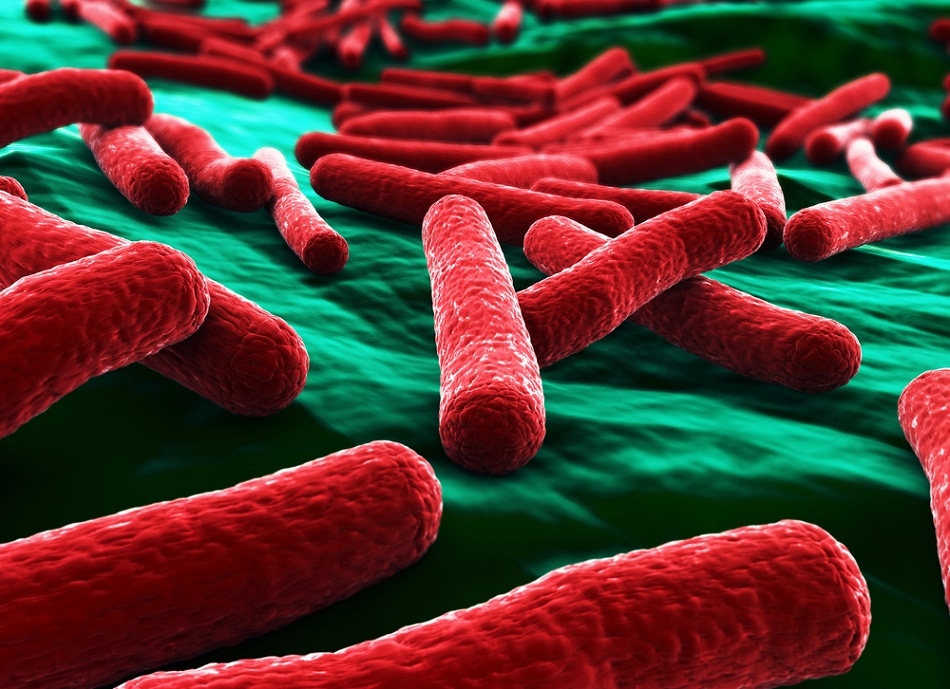Sep 7 2016
 Image Credit: fusebulb/Shutterstock.com
Image Credit: fusebulb/Shutterstock.com
Scientists have developed a new sensor that can detect the potentially dead bacteria E.coli within 15 to 20 minutes - a lot faster than conventional lab tests.
The bacteria E.coli spreads through contaminated water and food, and poses a risk to the elderly and children. Thousands of people in Germany were affected by an E.coli outbreak in late spring 2011 and over 50 people lost their lives.
A group of scientists from the Photonics Research Center at the University of Quebec in Outaouais, Canada, collaborated with researchers from the Indian Institute of Technology Kanpur, to build the device. The Canadian team, headed by Professor Wojtek J. Bock, and its collaborators have developed a sensor that can detect E.coli in a quick and inexpensive manner, over a broad temperature range.
The journal Optics Letters, from The Optical Society, features an article outlining the device.
Using currently available technologies, which are mostly based on amplification of the sample, it takes several hours to days to detect the presence of bacteria. A fast and accurate detection alternative is, therefore, preferable over the existing technology.
Saurabh Mani Tripathi, Physicist, Indian Institute of Technology
Tripathi added that quicker tests could pave the way to faster treatments and also easier and cost-effective environmental monitoring.
The new device employs bacteriophages, which are viruses that naturally hold on to and kill bacteria. These viruses are bonded to an optical fiber’s surface and will snatch the E.coli bacteria present in the sample and keep a hold of them.
The presence of E.coli changes the wavelength of the surface, when a beam of light hits it and this is a signals of the bacterial contamination.
One of the main hurdles in employing optical fibers to detect bacteria is that the optical properties of the material can be altered due to the changes in temperature. Sensors are often built to function at a particular temperature and when the sample becomes highly heated or very cold they deliver inaccurate readings.
In order to overcome this hurdle, Tripathi and colleagues incorporated an additional optical component that canceled the effects of the temperature induced alterations. The device designed by these researchers are insensitive to temperature that is more than roughly 20ºC or 68ºF, starting at the room temperature and extending up to 40ºC or 104ºF.
Tripathi stated that the device’s temperature insensitivity makes it more suitable for outdoor applications such as on-site observation of water reservoirs. He also added that the sensor can be used in pathology labs and in the food industry. By changing the bacteriophage, the device can be altered to detect other strains of bacteria.
The team is currently collaborating with the Canadian company Security and Protection International, Inc. to commercialize the sensor. Bock stated that at this stage of the research it is difficult to estimate the cost of the device, but the group hopes to create a portable device that costs a few thousand dollars.
Pathogenic bacterial infection is one of the biggest causes of death, and a fast response time is much needed for timely detection and subsequent cure of bacterial infection. I'm excited by the very low time [our sensor needs] to accurately detect the presence of E. coli bacteria in water collected from environments at different temperatures.
Saurabh Mani Tripathi, Physicist, Indian Institute of Technology